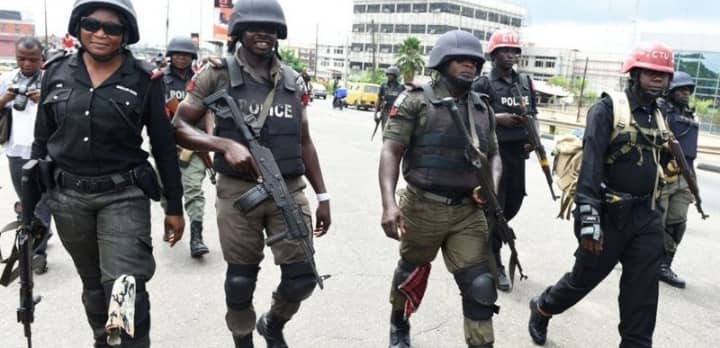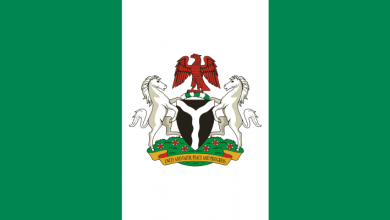FRONT PAGE EDITORIAL: Intimidation of Anambra journalists by “big men”, police should steer clear
Editorial

By Tony Okafor
Our attention has been drawn to frequent harassment and intimidation of journalists in Anambra State by the so-called big men.
Such Nouveau riche would quickly report their matter with journalists to the police where the police will assist them to couch offences against the journalists, often bordering on criminal defamation and sundry offences
In such cases, journalists would be detained to please the paymasters.
On January 15, 2024,such power dunk big men detained an Editor of THE RAZOR, and now we are hearing that a certain school proprietor is also seeking to use the same means to detain Izunna Okafor of the 247Ureports,an online media outfit.
We salute the professional intervention of the Anambra State Commissioner of Police, Aderemi Adeoye and the Command’s Public Relations Officer, Tochukwu Ikenga, for saving some journalists from the ordeals of the new trend.
Also, the Nigeria Union of Journalists(NUJ), Anambra State Council, led by Odogwu Emeka Odogwu, PhD, deserves commendations for always interceding in such situations.
Noticing Adeoye as an uncompromising police officer , some of these Nouveau riche now circumvent his office to look for ‘power from the above’ to deal with journalists in the state, apparently to gag them.
Granted that defamation in our law can either be deemed criminal or civil, the police should not encourage anybody to make a civil matter wear the toga of criminality.
We are not unaware of Section 375 of the Criminal Code that states that “any person who publishes any defamatory matter is guilty of a misdemeanor and is liable to imprisonment for one year.”
The code also adds that “any person who publishes any defamatory matter knowing it to be false is liable to imprisonment for two years.”
However, some legal practitioners have long been clamouring for criminal defamation to be expunged from the law in Nigeria, as has been done in developed countries like the United Kingdom, Norway, Sri Lanka among many others.
Our opinion is that defamation should be purely a civil matter, not something that should be criminalized, to emasculate any Nigerian citizen, especially journalists. If any person feels defamed, he should seek redress in court not in police.
Section 39 (1) of the 1999 Constitution states that every person shall be entitled to freedom of expression, including the freedom to hold opinions and to receive; impart information without interference.
This is subject only to the laws of the country as to libel, slander, or injurious falsehood. And even where such a situation arises, it would be a matter for a court of law to determine not the police.
The Administration of Criminal Justice Act (ACJA) of 2015 excludes the police from interfering in civil disputes.
According to section 8(2) of the Act, a suspect shall not be arrested merely on a civil wrong or breach of contract.
Even the Nigerian Police (Establishment) Act 2020 frowns at officers’ interference in civil disputes, unless on the order of a competent court, where Section 32(2) prohibits officers from arresting anyone based on a civil wrong.
Beyond jurisdiction technicalities, we strongly argue that the line between civil and criminal defamation is smudged, where the law is often activated in cases involving influential personalities.
The police should steer clear in such circumstances no matter the allure and allow journalists in Anambra State to perform their duties freely at all times as enshrined in Section 22 of the Constitution of the Federal Republic of Nigeria( 1999 as amended).
In a democracy, all people share an inherent right and irrepressible desire to live in freedom and make decisions about their own lives.
Police authorities in Anambra should desist from lending themselves as tool for intimidation of journalists .
A stitch in time saves nine.




